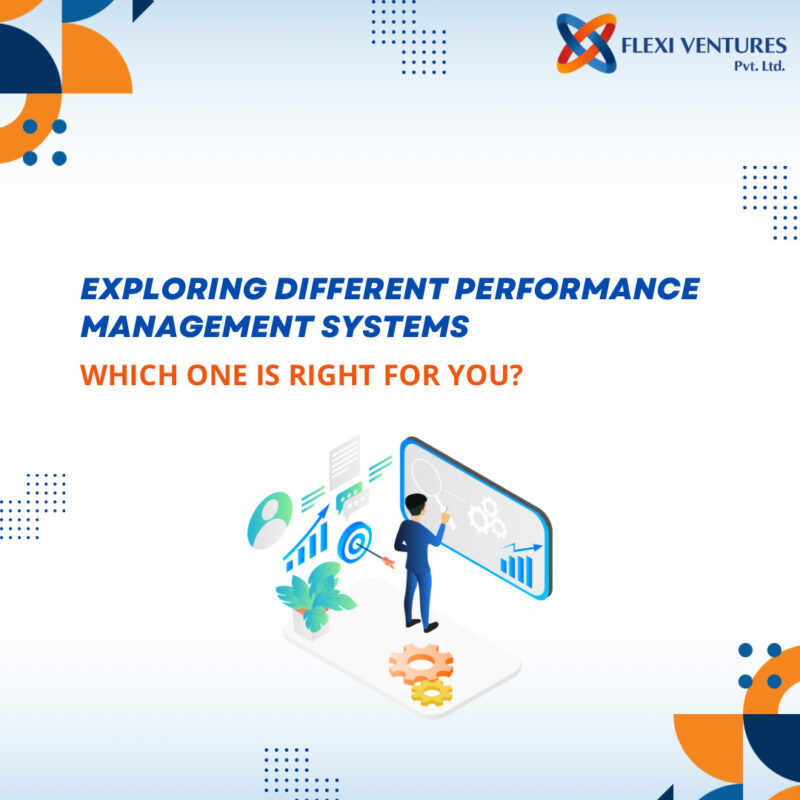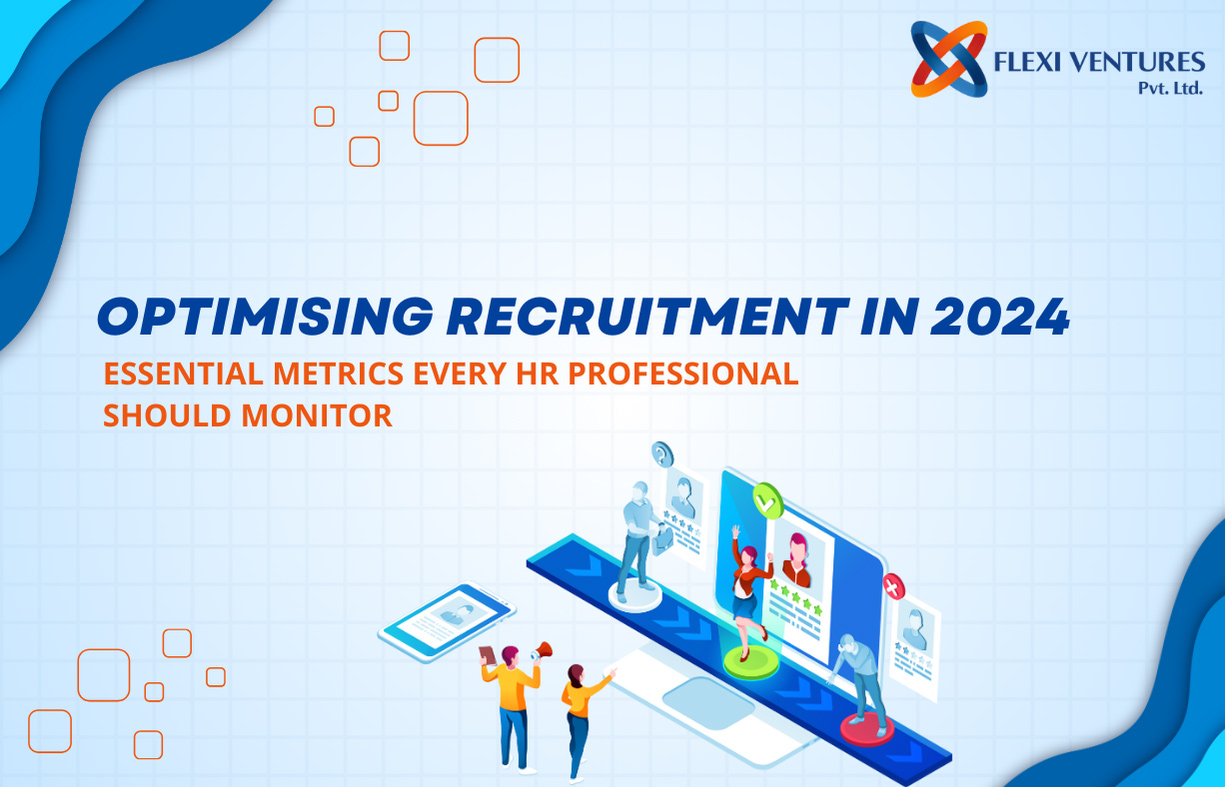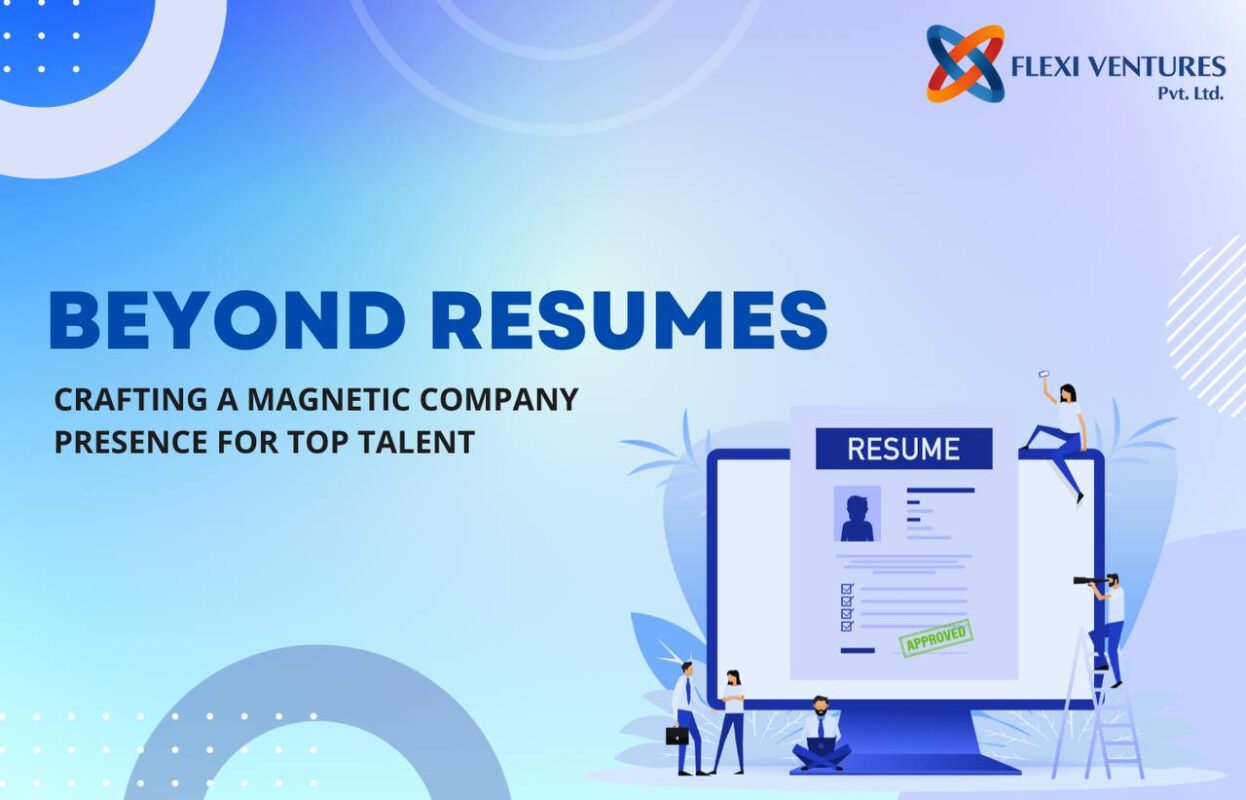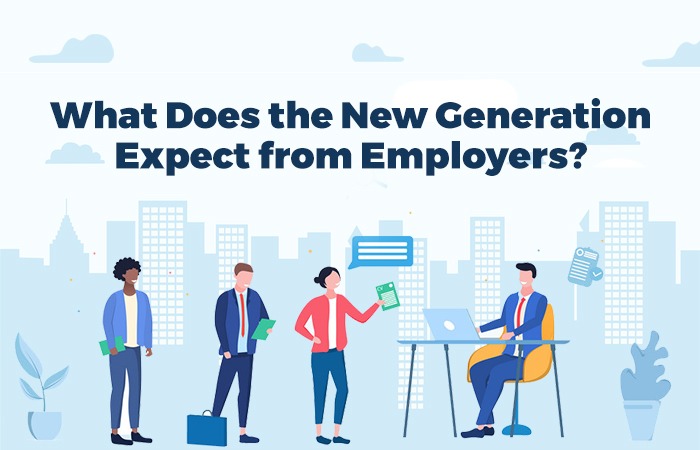Imagine stepping into a workplace that feels like a second home, where the company’s values align closely with your own and your contributions are sincerely recognized and rewarded. This isn’t a utopian dream—it’s the power of a strong employer brand. Building an employer brand isn’t just about appearances; it’s about cultivating an authentic, engaging culture that resonates both internally and externally. Let’s explore the five best practices for building a strong employer brand that will help you attract and retain top talent.
Employee Branding
Employee branding refers to how employees project the company’s values, culture, and overall brand identity to customers, clients, and potential recruits through their behaviors, attitudes, and communications. It involves aligning employees with the company’s mission, vision, and values to authentically and positively represent the organization. Effective employee branding ensures that employees are not only brand ambassadors but also genuinely engaged and motivated, which can enhance the company’s reputation, attract top talent, and drive business success. Key components of employee branding include:
- Employee Engagement: Creating a work environment where employees feel valued, motivated, and aligned with the company’s goals.
- Internal Communication: Ensuring clear, consistent, and transparent communication within the organization to keep employees informed and engaged.
- Training and Development: Providing opportunities for employees to grow and develop their skills, reinforcing their connection to the company’s brand.
- Recognition and Rewards: Acknowledging and rewarding employees’ contributions to reinforce positive behaviors and brand advocacy.
- Consistent Messaging: Ensuring that the company’s values and culture are consistently communicated and demonstrated by employees in their interactions with others.
How to Build a Strong Employer Brand: Short Description
- Understand Why Employer Branding Matters: Employer branding goes beyond marketing; it reflects the organization’s internal culture and external reputation. A strong employer brand, built on a solid employee value proposition (EVP), can lead to higher revenue and reduced turnover by aligning employees’ perceptions and experiences with the company’s values.
- Build Your Employer Brand on Authenticity and Purpose: Authenticity is key. Showcase the unique aspects of your organization and ensure that the public image matches employees’ experiences. Transparency and genuine connections build trust and credibility, which are essential for a compelling employer brand.
- Activate Your Employer Brand: Define a clear mission, vision, and values. Engage employees by seeking their input on what they value and what improvements they desire. This approach ensures the brand represents the workforce’s needs and aspirations, reinforcing a people-first culture.
- Bring Your Employer Brand to Life Throughout the Employee Journey: Ensure the EVP is evident at every stage of the employee journey, from recruitment to exit. Effective leadership that aligns with the company’s values is crucial, as managers play a key role in maintaining a supportive and empathetic work environment.
- Collaborate with Your Business Partners: HR and Marketing: HR and marketing must work together to create a cohesive and compelling employer brand. HR focuses on internal culture and employee experience while marketing crafts the external narrative. This collaboration ensures a unified brand that attracts and retains top talent.
What Should You Do Next?
Building a strong employer brand is an ongoing process that needs effort and modification. Follow these 10 steps to ensure you are on the right path:
- Assess Current Employer Brand: Conduct an internal audit to understand current perceptions. Use surveys, interviews, and focus groups to gather employee feedback and identify strengths and areas for improvement.
- Develop a Clear Employee Value Proposition (EVP): Define your EVP to highlight the unique benefits and value your organization offers employees, reflecting your culture, values, and mission.
- Engage Leadership and Stakeholders: Include senior leadership in employer branding initiatives. Leaders should actively promote the company’s values and culture through social media, public appearances, and internal communications.
- Create Authentic and Consistent Messaging: Develop clear, authentic messaging that aligns with your EVP and resonates with both current employees and potential candidates. Ensure consistency across all platforms and communications.
- Enhance Online Presence and Reputation: Improve your company’s presence on social media and employer review sites like Glassdoor and LinkedIn. Engage with followers, share employee stories, and respond to reviews to build a positive online reputation.
- Foster Employee Advocacy: Encourage employees to share their experiences and advocate for the company on social media. Provide tools and support to help them become effective brand ambassadors.
- Integrate Employer Brand Throughout the Employee Lifecycle: Reflect your employer brand at every stage of the employee journey, from recruitment and onboarding to career development and exit interviews. Consistency reinforces your brand values and culture.
- Invest in Employee Well-being and Development: Prioritize initiatives that support employee well-being, mental health, and professional growth. Offer flexible working arrangements, continuous learning opportunities, and comprehensive benefits to demonstrate commitment to employee satisfaction.
- Leverage Technology and Data Analytics: Use AI and data analytics to enhance employer branding efforts. Analyze feedback, track key metrics, and optimize strategies based on data-driven insights.
- Monitor and Adapt Your Employer Brand Strategy: Continuously monitor the effectiveness of your employer brand initiatives. Collect feedback, measure outcomes, and adjust strategies to remain relevant and effective in attracting and retaining top talent.
To conclude, actively building and managing your employer brand requires significant effort, but the investment is worthwhile. By cultivating a positive reputation now, you can enhance your ability to attract and retain top-quality talent, ultimately driving long-term business growth.
Employee branding is a strategic approach to building a strong, positive perception of the company through its most valuable asset—its people.
For more information on HR consulting or support services visit our website
Visit our Website – www.flexiventures.in
Call – 8080100001
Email – contact.us@flexiventures.in









